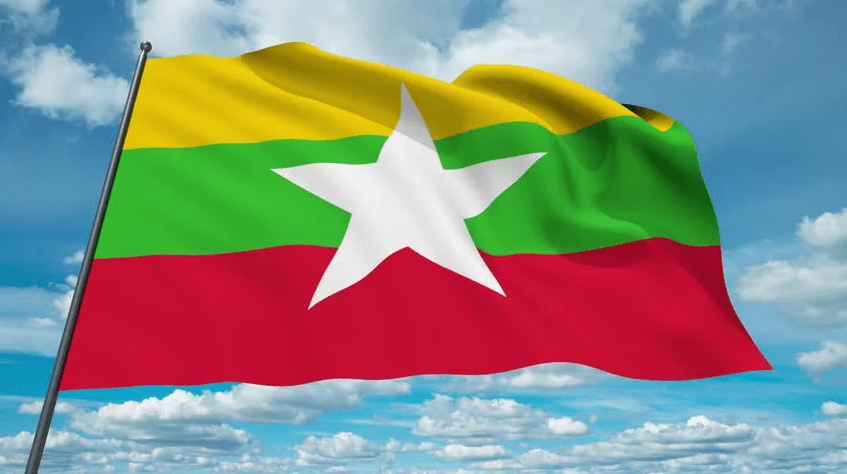IHRC is extremely concerned for the fate of Myanmar’s Rohingya following a renewed government crackdown against the beleaguered minority.
Well over 100 people have reportedly been killed, hundreds detained by the military, and at least 30,000 have so far fled for their lives after security forces invaded their villages and razed or torched their dwellings after looting them. Mosques and schools have also been destroyed.
There are numerous claims that scores of Rohingya women have been raped by soldiers and reports of Rohingya being summarily killed and tortured.
Soldiers poured into Rakhine state, north west Myanmar after October 9, when an insurgent group of Rohingyas launched coordinated attacks on several border guard posts.
At the same time as the Burmese military drives out the Rohingya, those fleeing have had their access to neighbouring Bangladesh cut off after the government in Dhaka increased security patrols along the border.
The situation is becoming increasingly desperate for the Rohingya. Many hmanitarian aid agencies have left the area for their own safety removing a vital lifeline for the Rohingya. Unicef has warned that thousands of malnourished children are in danger of starving and lack medical care.
The latest wave of violence is designed to accelerate a process of ethnic cleansing that has been continuing for decades.
After violence unleashed in 2012 by Buddhist extremists drove tens of thousands of Rohingya out of their homes, many risked their lives to escape in smugglers’ boats; more than 100,000 others remained in squalid internment camps.
At the heart of the Rohingyas’ persecution is the continuing denial of citizenship and the concomitant status of Rohingyas as illegal aliens under the law. The Myanmar government continues to insist that the Rohingya do not qualify for citizenship under the 1982 Citizenship Law even though their presence in Myanmar stretches back many generations.
The Citizenship Law failed to include them among Burma’s legally recognised ethnic groups. Ever since the Rohingya have been subjected to systematic abuse and discrimination. The Rohingya continue, as a matter of official policy, to be subjected to inhuman and degrading treatment including rape, punitive taxation and extortion, restrictions on movement, ownership of property, and access to essentials such as water, sanitation, food, medical care, education and employment. Uniquely in Myanmar, the Rohingya are also subject to a discriminatory two child per family procreation limit.
The head of Myanmar’s democratic government, the Nobel peace prize winner Aung San Suu Kyi, herself insists on underlining the Rohingya’s foreignness by referring to them as “Bengalis” and argues that the government’s response to the attack is based on “the rule of law.”
IHRC calls on the United Nations to launch an immediate investigation into the reports of atrocities against the Rohingya and if necessary refer the matter to the International Criminal Court.
Notes to editors:
For media enquiries or further details please call +44 20 8904 4222 or +44 7958 522196 or 44 7426 728074 or email nadia@ihrc.org
[Ends]
——————————————————————————————
IHRC is an NGO in Special Consultative Status with the Economic and Social Council of the United Nations.
Islamic Human Rights Commission
PO Box 598
Wembley
HA9 7XH
United Kingdom
Telephone (+44) 20 8904 4222
Email: info@ihrc.org
Web: www.ihrc.org
Twitter @ihrc







